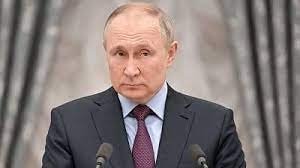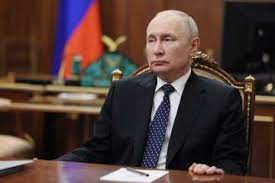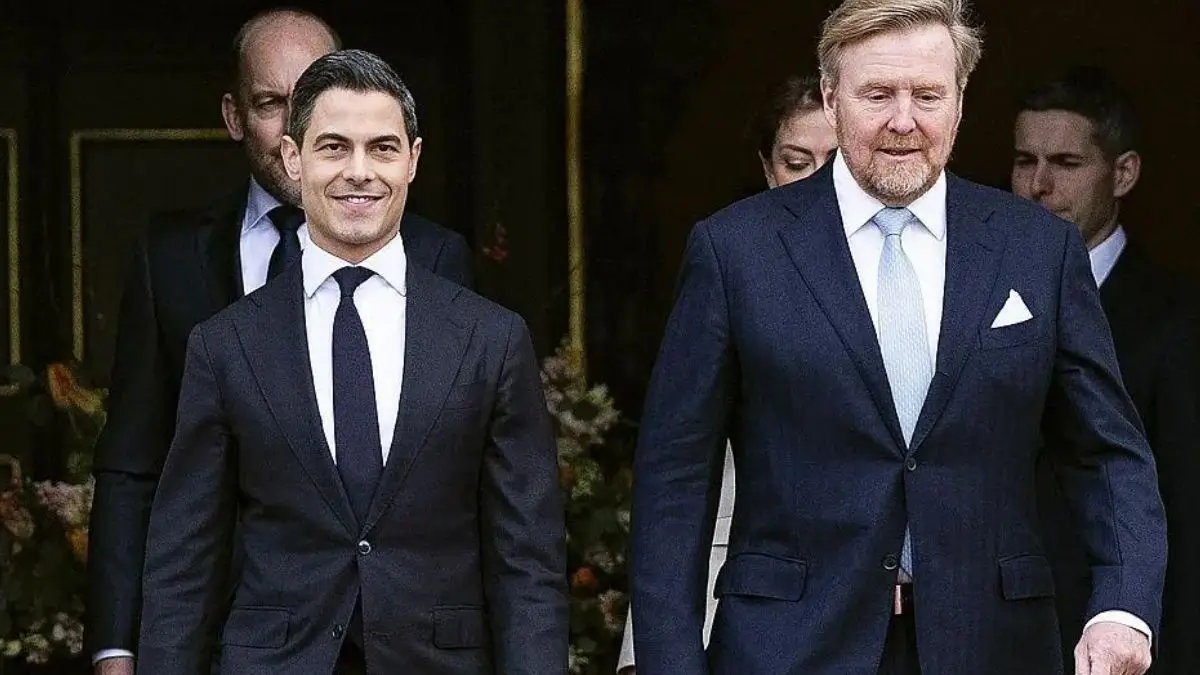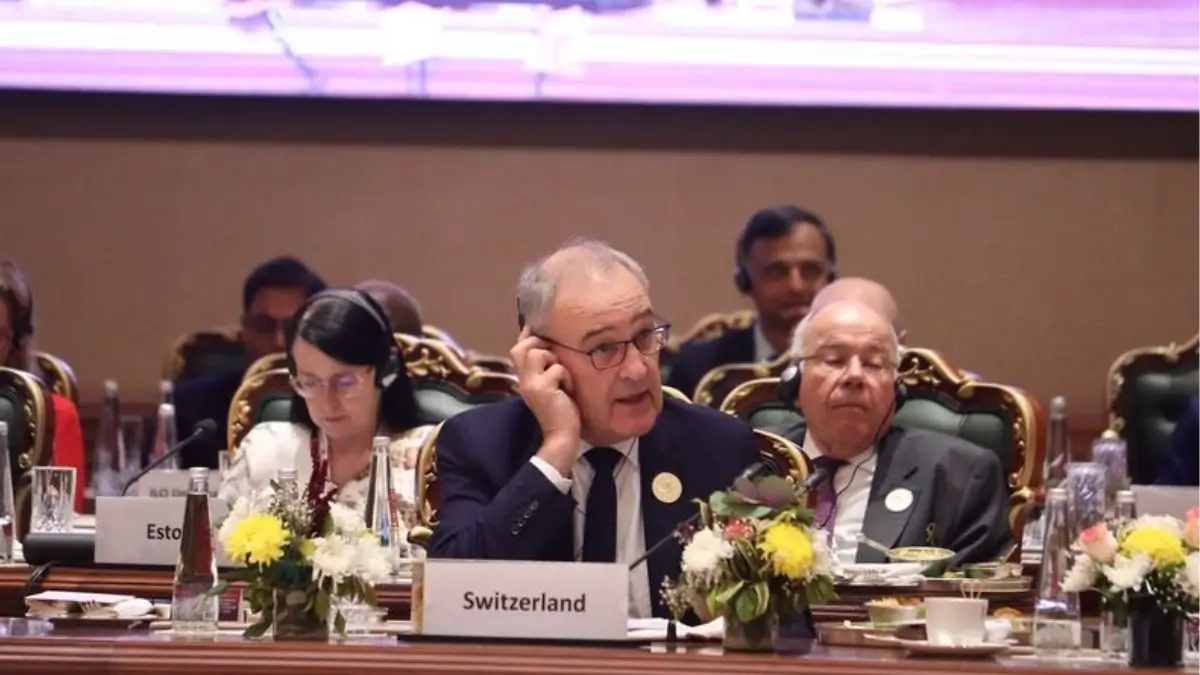Russia Pulled Out of Treaty of Conventional Armed Forces in Europe
The recent decision by Russia to withdraw from the Treaty of Conventional Armed Forces in Europe (CFE) has significant implications for various government exams, including those for teachers, police officers, banking, railways, defense, and civil service positions such as PSCS to IAS. This move raises concerns about regional security and geopolitical tensions. In this article, we will delve into the reasons behind Russia’s decision, its historical context, and the key takeaways for students preparing for competitive exams.

Why this News is Important
1. Escalation of Geopolitical Tensions: The withdrawal of Russia from the CFE treaty signifies an escalation of geopolitical tensions. This move has repercussions not only for European security but also for global stability. Understanding the geopolitical landscape is crucial for aspirants aiming for civil service and defense-related positions.
2. Impact on International Relations: Russia’s decision will undoubtedly affect its relations with NATO and other European nations. Aspiring diplomats and foreign service officers need to grasp the intricacies of international relations and the potential fallout from such geopolitical decisions.
Historical Context
The Treaty of Conventional Armed Forces in Europe (CFE) was signed in 1990 between NATO and the Warsaw Pact countries. It aimed to prevent an arms race in Europe by setting limits on conventional military equipment. The geopolitical landscape has undergone significant changes since then, with the dissolution of the Warsaw Pact and the expansion of NATO. Russia’s decision to pull out of the treaty is rooted in its dissatisfaction with the evolving security dynamics and perceived imbalances.
Key Takeaways from “Russia Pulled Out of Treaty of Conventional Armed Forces in Europe”
| Serial Number | Key Takeaway |
|---|---|
| 1 | Escalation of Geopolitical Tensions |
| 2 | Impact on International Relations |
| 3 | Security Concerns in Europe |
| 4 | Treaty Violations and Arms Control |
| 5 | Implications for Defense Forces |
Important FAQs for Students from this News
Q: Why did Russia withdraw from the Treaty of Conventional Armed Forces in Europe (CFE)?
A: Russia withdrew from the CFE due to dissatisfaction with evolving security dynamics and perceived imbalances.
Q: How does Russia’s withdrawal impact international relations?
A: Russia’s decision affects its relations with NATO and other European nations, escalating geopolitical tensions.
Q: What is the historical background of the Treaty of Conventional Armed Forces in Europe?
A: The CFE, signed in 1990, aimed to prevent an arms race in Europe by setting limits on conventional military equipment.
Q: How does this withdrawal impact defense forces globally?
A: The withdrawal has implications for defense strategies, highlighting the importance of staying updated on global defense policies.
Q: What are the key takeaways for students preparing for government exams?
A: Aspirants should focus on understanding geopolitical tensions, international relations, security concerns, treaty violations, and defense implications.
Some Important Current Affairs Links

















